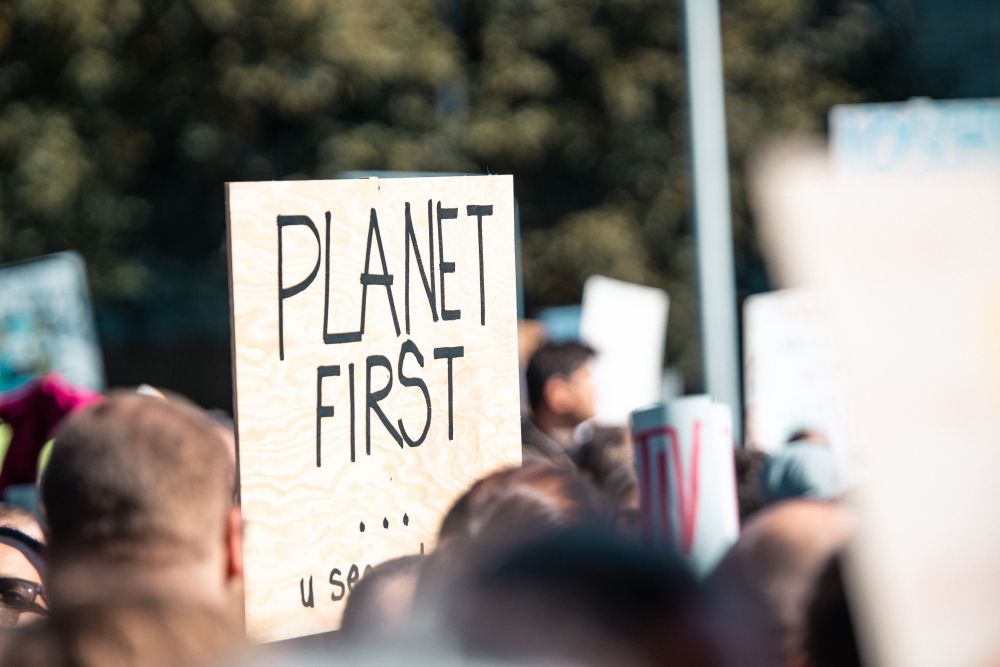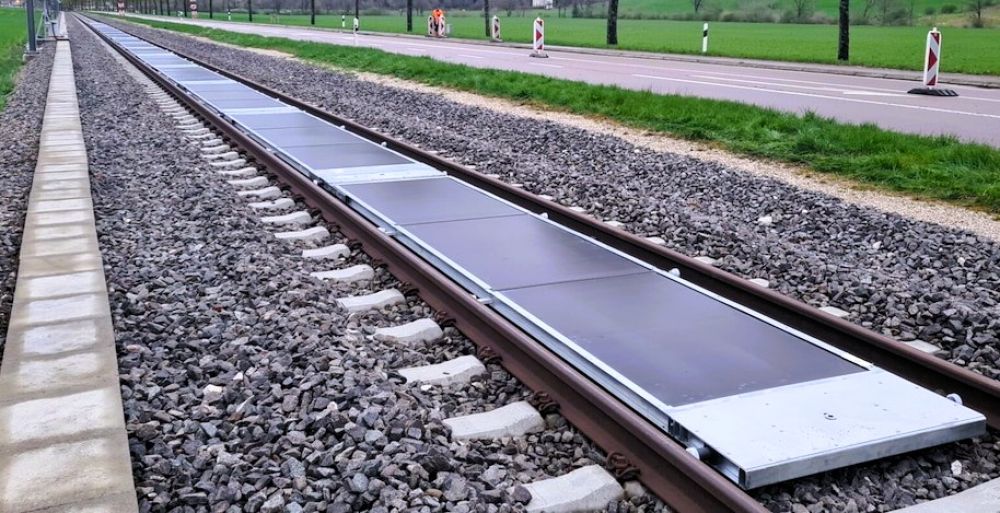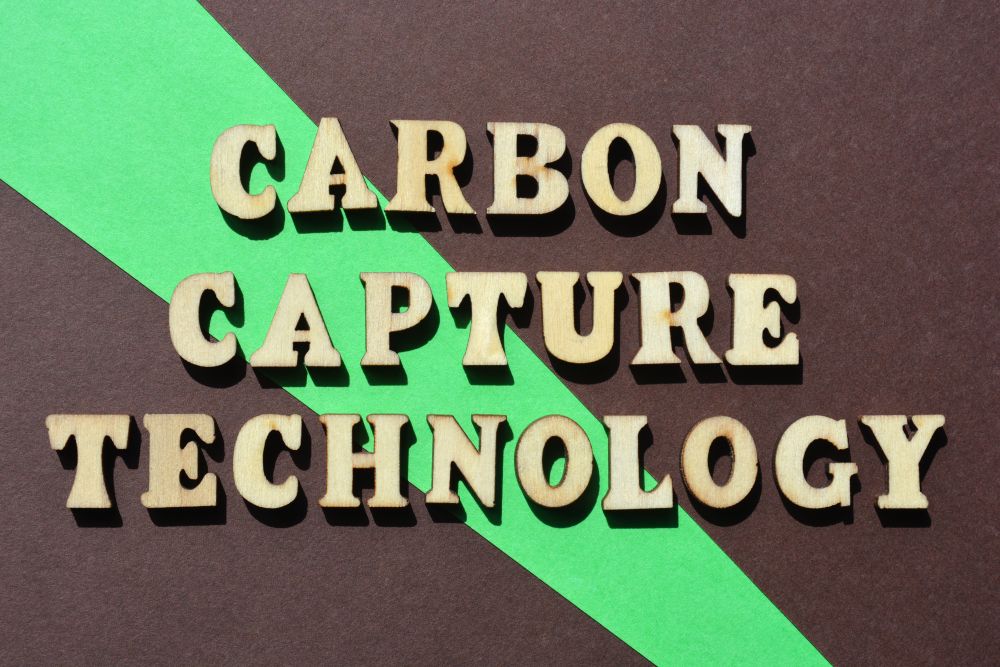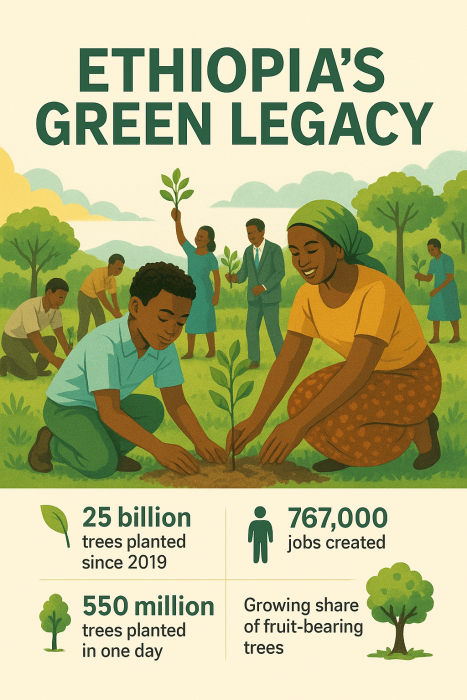31/25 IPCC - The Quiet Force Guiding the World on Climate Change
Posted 5 months ago
If climate change is a storm on the horizon, the Intergovernmental Panel on Climate Change (IPCC) would be the lighthouse guiding us through the fog.
Though quiet, the IPCC's work is a global force that shapes decisions made in world capitals, climate conferences, and boardrooms worldwide, connecting us all in the fight against climate change.
What exactly is the IPCC?
Established in 1988 by the United Nations Environment Program (UNEP) and the World Meteorological Organization, the IPCC was given a monumental but straightforward job: to tell the world what the science says about climate change, no spin, no politics, just facts. This commitment to unbiased and reliable information is what makes the IPCC a trusted source in the fight against climate change.
That means the IPCC doesn't run labs or do experiments itself. Instead, it reads everything that's already out there, thousands of scientific studies, and pieces together the whole picture. Its reports don't tell governments what to do but lay out what could happen if we don't act, delay action, and rise to the challenge. Think of it as the world's most crucial climate briefing based on evidence, not emotion.
The IPCC's comprehensive reports, published every few years, are not just the work of a few individuals. They are the result of collaborative efforts involving hundreds of volunteer scientists. This collective action is a powerful inspiration in the face of climate change, showing us what we can achieve when we work together.
There's a reason why world leaders stop and listen when the IPCC speaks.
The IPCC has three main groups. One looks at the raw science of our changing planet—rising temperatures, melting ice, rising seas. Another explores how this change affects people, our homes, our farms, and our health. The third tackles solutions: renewable energy, smarter transportation, and better ways to live that reduce harm to the planet.
Together, these groups give us the whole story. The report is reality-based on scientific facts, as seen through the eyes of experts who've spent their lives studying it.
The IPCC has become the backbone of climate negotiations. When countries gather yearly for the UN Climate Conference, the IPCC's work sets the tone. When a government sets new carbon limits or pledges to go green by 2050, it's likely relying on IPCC findings. Yet, the IPCC doesn't take credit. It doesn't scold or praise. It just does what it's meant to: provide an honest assessment of where we stand and what the future might hold.
As the IPCC often reminds us, the future is not yet written. The climate changes, but how much it changes still depends on our choices.
For the rest of us, the takeaway is simple. You don't need to read a thousand-page report or be a climate scientist. But you should know that there's a team doing the deep work, carefully and thoroughly, to make this world a better place to live.
In a world of loud voices and urgent opinions, the IPCC tells the truth, making it one of the most important institutions of our time. It cares for the future of us and the coming generations.





